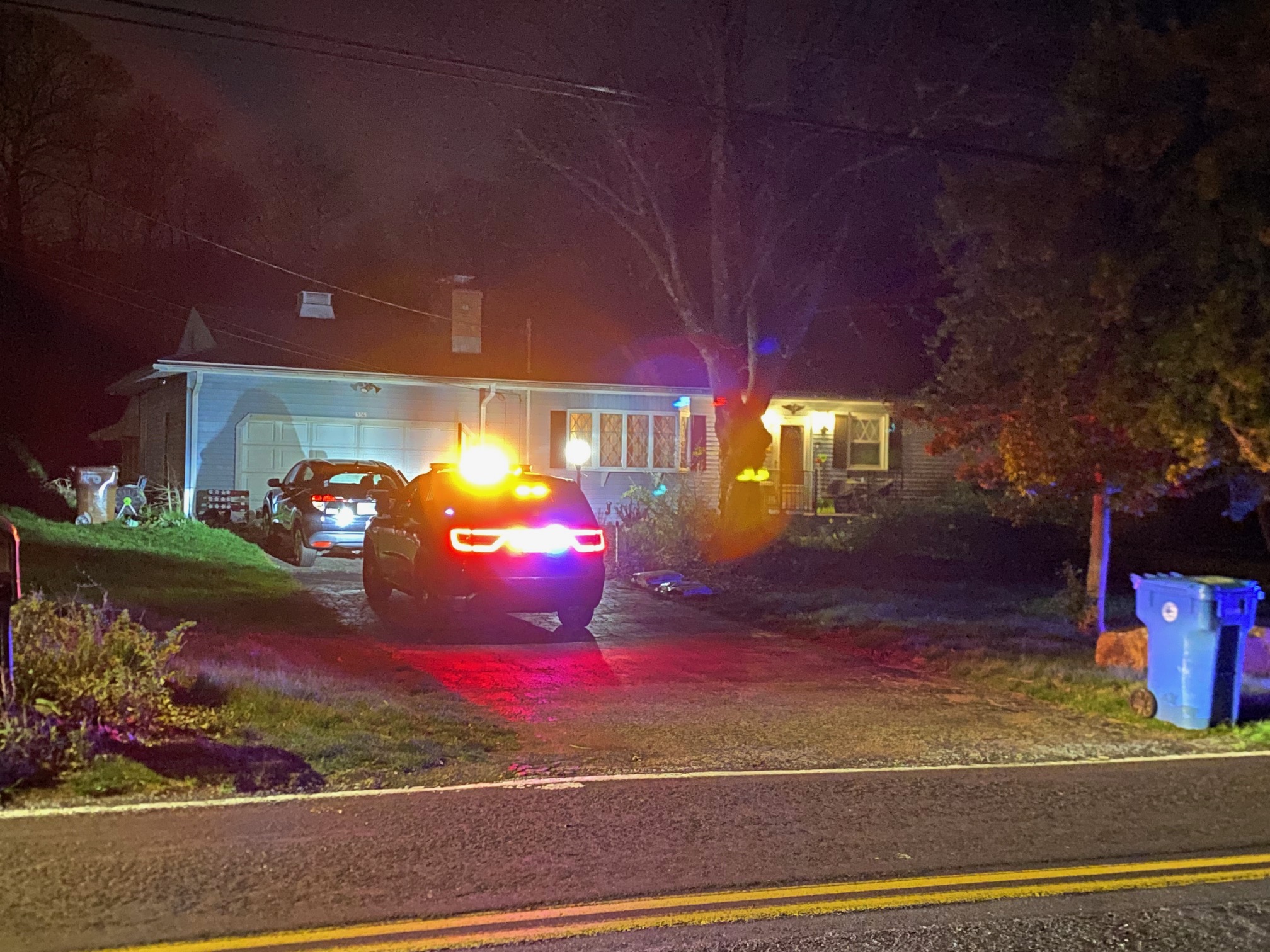Farmers, by nature, are optimists.
"What is a greater act of optimism than planting seeds to grow crops," said Don Tuller, president of the Connecticut Farm Bureau.
Farmers think months, and sometimes even years ahead.
Joe DeFrancesco, owner of J. DeFrancesco & Son in Northford, started taking Easter orders at the beginning of the year.
“We’ve had stuff planted, growing. Then all of a sudden (customers) are cancelling their orders so there’s no place for it to go,” he said. "We have a whole pile in the compost of lilies, hydrangeas, tulip bulbs."
DeFrancesco said Mother's Day will be a bigger test. He estimates Mother's Day accounts for more than half of his annual sales of greenhouse flowers.
"Truly we won’t know until this season’s over how good or how bad it really is,” said DeFrancesco.
Local
Out-of-state orders pose another issue. Tuller said some states have shut down garden centers, leaving Connecticut growers with nowhere to deliver their products.
In addition to plants and flowers, DeFrancesco grows vegetables. And he said that side of his business is picking up.
“One thing that’s doing really well this year is vegetable plants. You can’t keep enough vegetable plants. Everyone wants to plant their own gardens so that’s really good,” he said.
DeFrancesco also supplies vegetables to local restaurants. He is hopeful business will recover as restaurants reopen.
He has no plans to cut back on how much he plants.
"Like all farmers do, we just hope for the next season and hope it goes well," he said.
Connecticut's green industry accounts for more than half the state's agricultural production, contributing approximately $4.7 billion to the economy, according to the Connecticut Department of Agriculture.
"If it’s alive and it’s something you plant in the ground, that’s the greens industry,” Tuller said.



